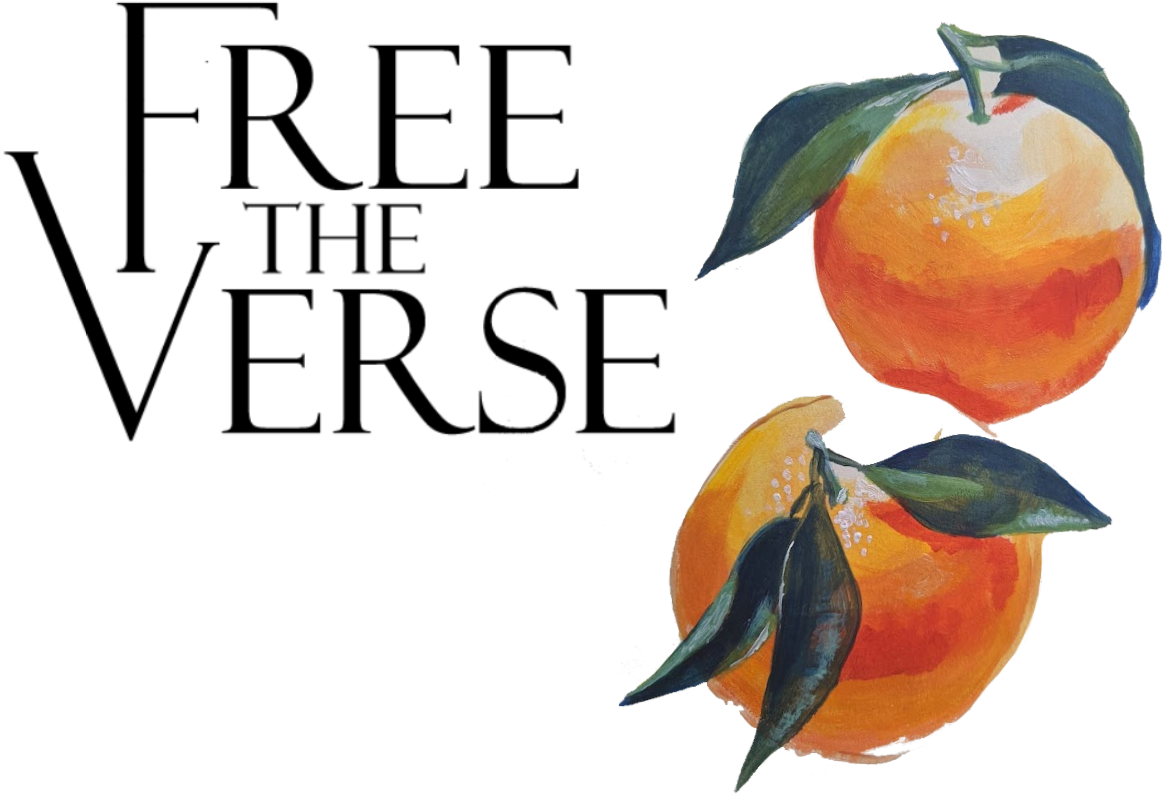Alyssa Walker on ‘It’s frustrating living in my head like this’
Alyssa (she/ her) lives in the West Midlands with her partner and her two biggest fans – her cats, Niska and Jiji. She is a member of the Homegrown 31: On Your Doorstep poetry collective, who recently gave their debut live performance at the Wolverhampton Poetry Festival 2022.
What was the last thing that made you feel energized?
I recently went wild swimming with some close friends during the recent heatwave! The water was lovely and cool, and it was a proper recharge of my batteries getting to take in all the nature sounds around us.
Where did your poetry journey begin?
I think every UK highschool student has the same experience during their GCSEs, where you get sick of poetry after analysing it to death in class!
But then during the Covid-19 lockdowns I saw an advert for a free poetry workshop via Zoom, run by an organisation called Homegrown 31. I signed up to the first weekly session, and haven’t looked back since!
It’s been a stepping stone to me finding friends in the wider poetry community, being able to attend events, support and encourage each others, and to really hone my craft. I even had the opportunity to perform some of my poems at the Wolverhampton Literature Festival this year, that was a real highlight for me.
What is a core theme of ‘It’s frustrating living in my head like this’, and what called you to write about it?
At its very core, this poem is about a painful breakup. Not only did I lose a partner, but I lost a close friend too, and it was a really difficult process for me to work through. The poem touches on the idea that nostalgia can allow you to look back on the past with rose-tinted glasses, when in reality there’s a very real reason that that relationship broke down, and it wasn’t because everything was perfect...
Tell us about the experience of writing this poem.
It’s extremely cathartic for me to be able to work through traumatic events from my past via the medium of poetry. After all, poetry is all about “showing” not “telling”, which allows me to really incorporate my emotions into a piece and (hopefully) have the readers be able to relate to it in a very real way. The poems that touch me the most are always the ones that make me FEEL something, so I try to incorporate that into my writing style too.
Where does poetry fit into your life?
Poetry is a huge part of my life now, and I see it remaining that way for the foreseeable future! I've got tonnes of little notes saved on my phone with ideas for new poems, and if I’m not writing poetry I’m reading it. I’ve been going to more spoken word events since all the lockdowns lifted, and I’m working up the courage to put my name down for some open mic slots – maybe in the not-too-distant future!
What inspires you?
Is it too cliché if I say “everything”? Realistically though, the rawness of human emotion, the way we interact with others and the world around us, and the effects of the past that ripple forward into the present day – those are my main inspirations.
Is there a poem you read over and over again?
It depends entirely on my mood! I’ve got a stack of poetry collections that I would consider my “favourites” – not necessarily for one poem in particular, because what I really love about a collection is to see the overall “story” that flows and unfolds within the pages. There are plenty of poems that have brought me to tears, with their vulnerability and visceral emotions, and those are the ones that I tend to have a soft spot for.
Do you have a favourite poet?
My friend and mentor, Scarlett Ward Bennett, is a beautiful writer, she inspires me every day.
What advice would you give to someone new to poetry?
Don’t focus so much on structures and forms and getting something “perfect” first time – give yourself a break, it is absolutely okay to edit your work once, twice, a hundred times after you “finish” it! And if you’ve got the fear of overcoming that blank page – start with a couple of free-writes! That always gets me warmed up and in the mood to write – and occasionally I even draw ideas for new poems from the free writes I’ve done! Overall, just have FUN with it! Your poetry journey is your own, don't compare yourself to others, just do what feels right to you.
Why do you write poetry?
Because I can’t not write it! I love it, and it’s definitely part of who I am.
You can read Alyssa’s poem here.


